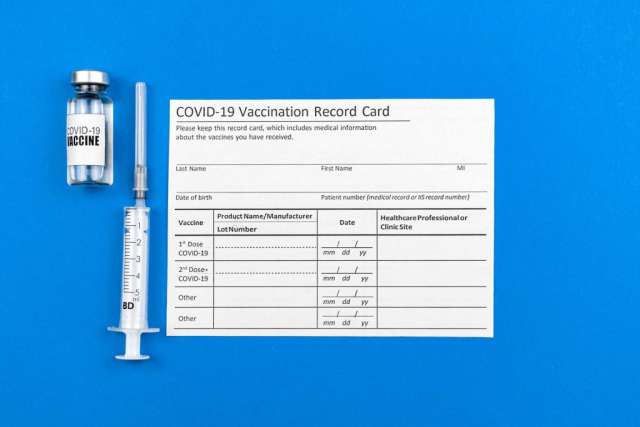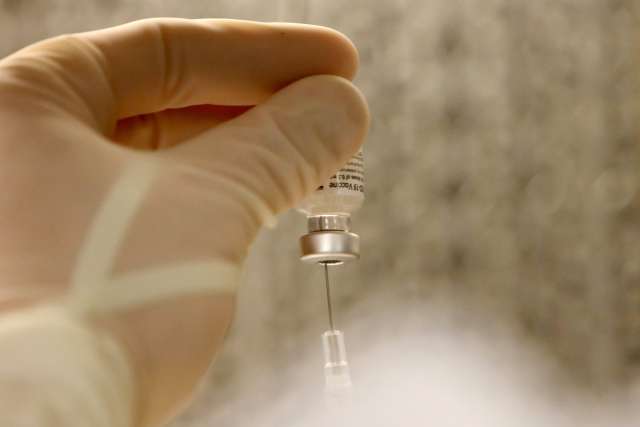Update: On Nov. 2, the Centers for Disease Control and Prevention approved Pfizer's COVID-19 vaccine for children ages 5 to 11, making shots available as soon as this week. The U.S. Food and Drug Administration already issued an emergency use authorization, Oct. 29, for the Pfizer vaccine to be made available to children 5 to 11. The child-sized dose is one-third of that given to people age 12 and older, administered in a two-dose regimen, three weeks apart.
COVID-19 vaccines for children under 12 just got one step closer to reality.
Pfizer announced study results on Sept. 20 finding its COVID-19 vaccine safe and effective in children ages 5 to 11.
The drug maker intends to submit a request for emergency use authorization to the U.S. Food and Drug Administration by month’s end. If granted, vaccines for children as young as 5 could begin shortly thereafter.

Participants in the study received a vaccine dosage one-third the size of that given to people age 12 and older, yet still administered in a two-dose regimen about three weeks apart. Pfizer says this smaller dose stimulated an immune response comparable to that found in older teens and young adults four weeks after the second shot. Side effects were also similar between these two groups, including soreness at the injection site, fever and body aches.
Pfizer continues to study vaccine safety and efficacy in children younger than 5, who are receiving an even smaller dose in a two-shot regimen.
More than 5.5 million children have tested positive for COVID-19 to date, according to the American Academy of Pediatrics. Earlier in the pandemic, children younger than 18 accounted for 15.7% of total cumulative cases. As of Sept. 16, children represented 25.7% of reported weekly COVID-19 cases. Infection rates have soared as the highly contagious Delta variant has spread.
According to the Centers for Disease Control and Prevention, more than 500 children have died of COVID-19. Infected children are also vulnerable to developing multi-system inflammatory syndrome in children, or MIS-C, which can be deadly.

Children are also at risk of developing long-term symptoms from COVID-19 infection, says Annabelle de St Maurice, MD, MPH, a pediatrician and infectious disease expert at UCLA Health.
“The most important thing parents can do right now to protect their children from severe COVID-19 disease is to get vaccinated, if they aren’t already,” Dr. de St Maurice says. “Children should also get vaccinated as soon as vaccines are authorized by the FDA and recommended by the CDC.”
Children younger than 12 shouldn’t be vaccinated before authorized by the FDA because the vaccine dose for older children is much higher than the dose for younger children, she adds.
The Pfizer vaccine has been authorized for children age 12 and older since May and is fully licensed for people age 16 and older.
Learn the latest on COVID-19 vaccine distribution at the Vaccine Info Hub.
Releated articles
COVID-19 timeline: Track the latest developments and look back at how the pandemic evolved
Study finds people with blood cancer need more protection against COVID-19, even if vaccinated
Study reveals challenges faced by college students during COVID-19 pandemic




